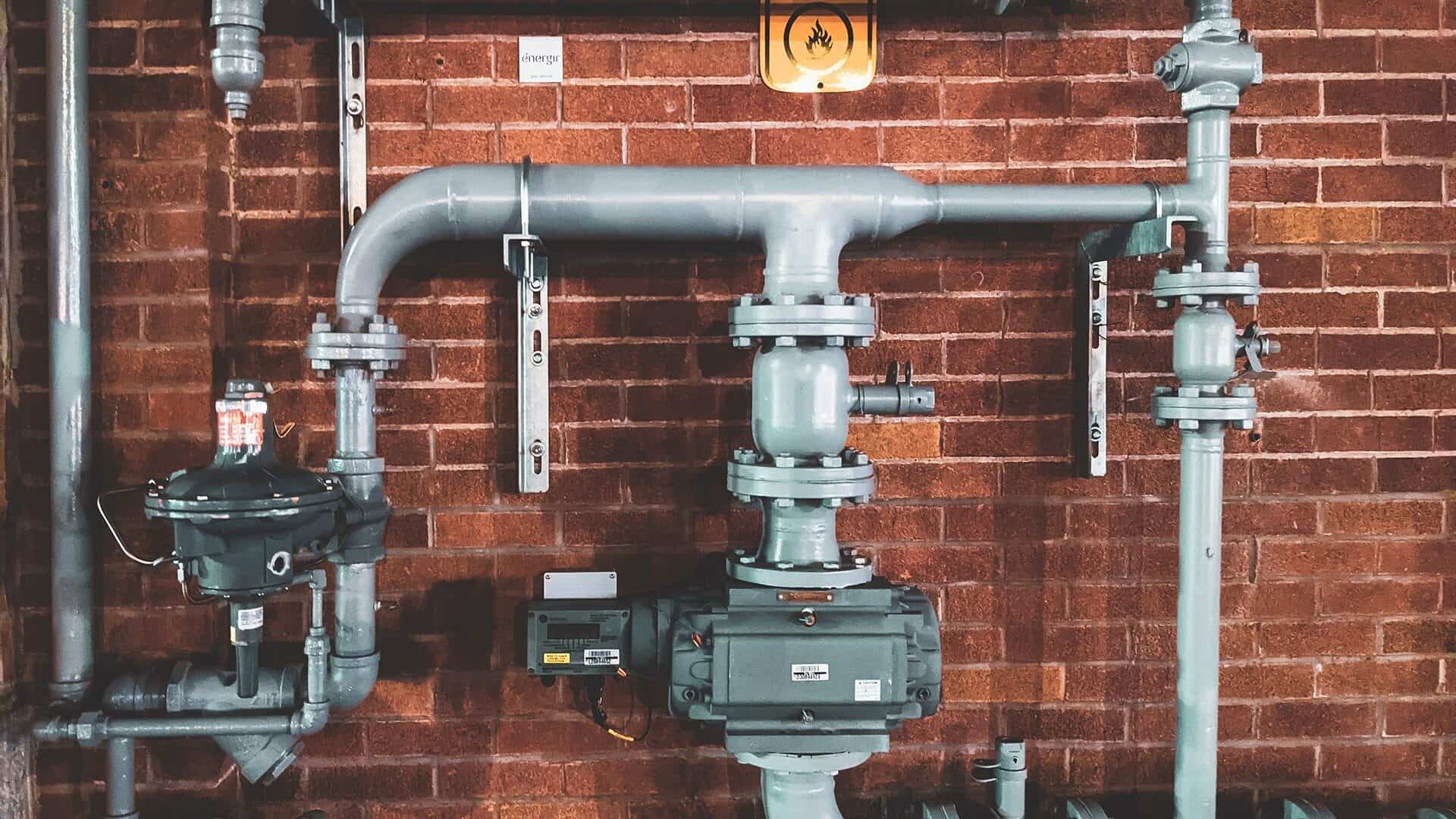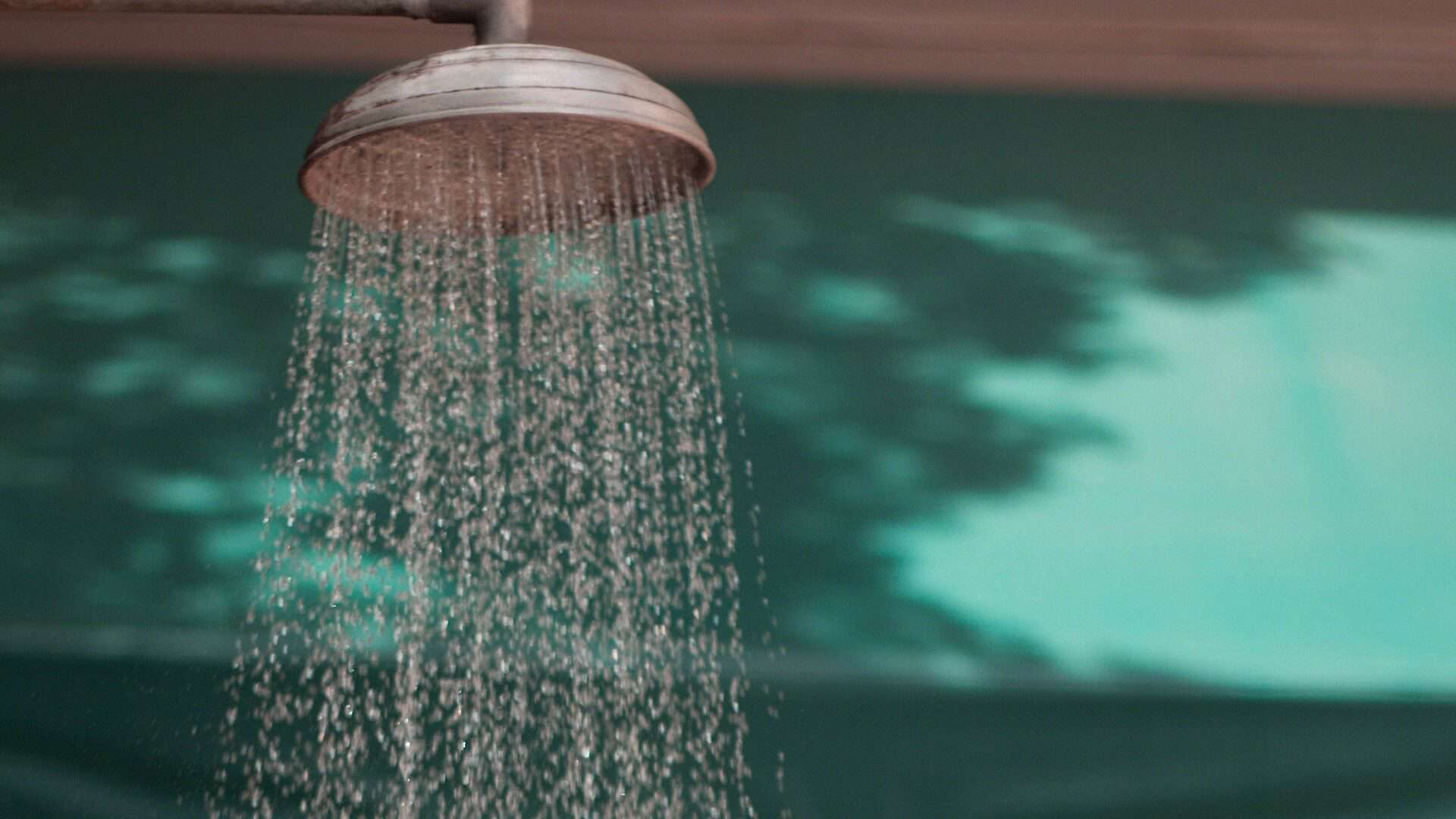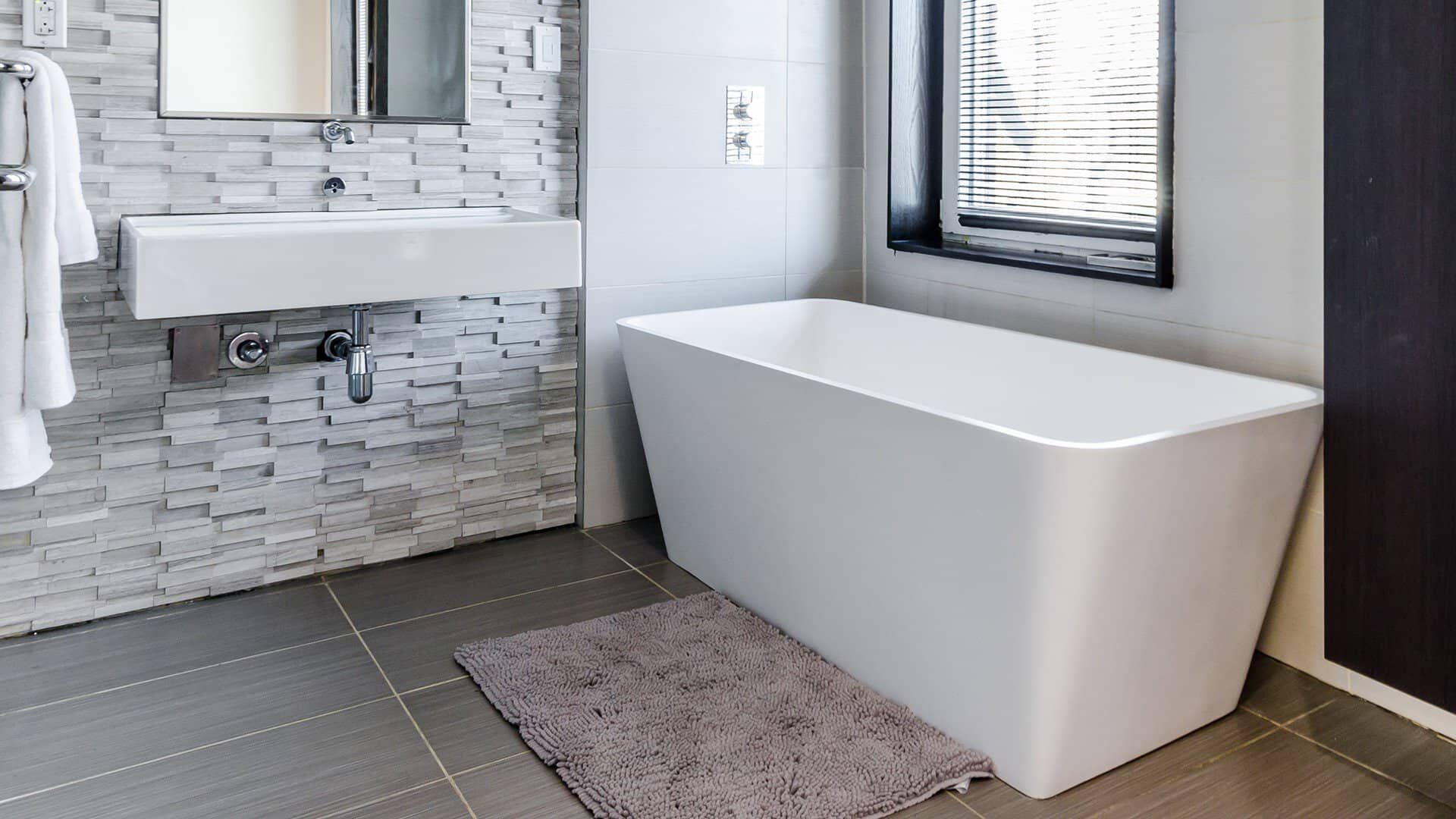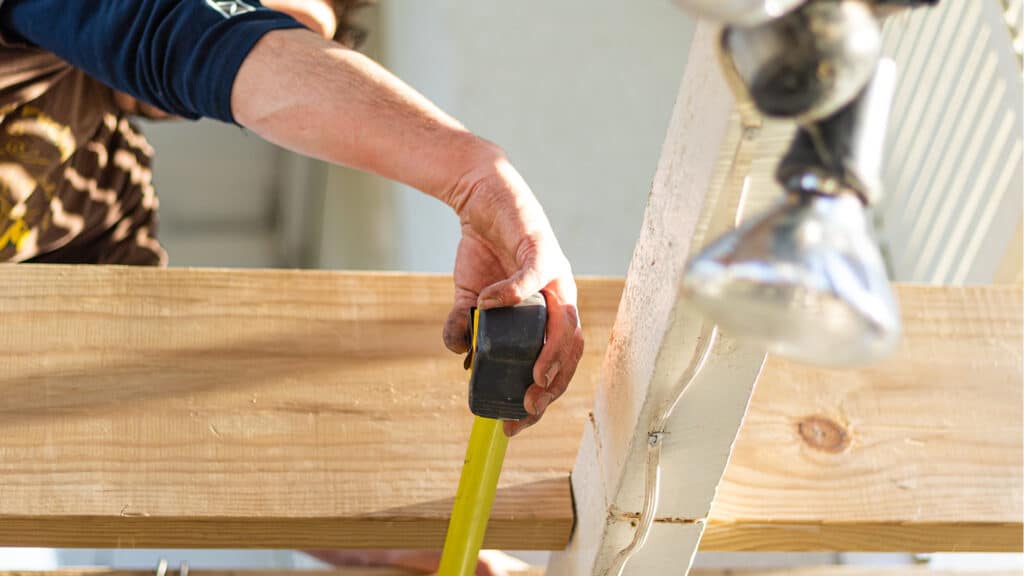Water heaters are an important part of any home. They provide hot water for showers, baths, dishwashing, and laundry. It’s important to know how long it takes to install a water heater so that you can plan accordingly. In this article, we will explain the life expectancy of a water heater, the installation process, and the benefits of replacing an old water heater. We will also answer some frequently asked questions to help you make the best decision for your home. So read on to learn about how long it takes to install a water heater.
Table of Contents
How long does it take to replace a water heater?
Replacing an old water heater with a new one can take as little as two hours, but the process depends on a few key factors. The first factor is whether you are replacing a gas or electric water heater. If you’re switching from one type to another, it will obviously take longer since new connections will need to be made. The second factor is the size of the water heater. A small, standard water heater will take less time to install than a larger, tankless model. Finally, the third factor is whether you are doing the installation yourself or hiring a professional.
Here is a breakdown of each step and how long it typically takes:
- Removing old water heater: 30 minutes
- Installing new water heater: 60-90 minutes
- Connecting gas line (if applicable): 30 minutes
- Connecting water lines: 15 minutes
- Filling tank and bleeding air from lines: 15 minutes
Total time for a professional installation: Approximately two to three hours.
How long does a water heater last?
The average lifespan of a water heater is about eight to twelve years. However, this number will differ depending on the type of water heater, the quality of the unit, and how well it is maintained. For example, tankless water heaters tend to last longer than traditional tank water heaters. But no matter what type of water heater you have, it’s important to perform regular maintenance to extend its lifespan.
How to install a water heater?
Prior to beginning water heater replacement, you must consult with a professional to determine the appropriate size for your home and needs. Many people opt for a tankless water heater, as they are more efficient than traditional tank heaters.
Installing a gas water heater is generally easier than installing an electric one because the gas lines are already in place. However, both types of the installation follow similar steps:
Step one: Turn off the power.
To complete this step, you will first need to locate your home’s circuit breaker box and switch off the power to the water heater. If you have an electric water heater, there will be a switch labeled “Water Heater” or “Circuit Breaker.” For gas heaters, simply turn off the gas supply valve.
Step two: Shut off the water supply and drain the tank.
Now that the power is off, you will need to shut off the water supply to the heater. There should be a valve on the cold water pipe above the heater. Once the water is shut off, open the drain valve at the bottom of the tank to drain out any remaining water.
Step three: Disconnect the gas line (for gas heaters).
Next, you will need to disconnect the gas line from the old water heater. There will be a flexible connector that can be unscrewed by hand. If it’s too tight, you may need to use a wrench.
Step four: Remove the old water heater.
After the gas line is disconnected, you can now remove the old water heater. Start by disconnecting the water lines from the cold and hot sides. There may be fittings that need to be unscrewed, or you may need to cut the pipes with a hacksaw. Once the water lines are disconnected, you can lift the old water heater out of the way.
Step five: Install the new water heater.
Now it’s time to install the new water heater. Begin by connecting the cold and hot water lines to the appropriate fittings on the new unit. If you’re using a gas heater, you will also need to connect the gas line.
Step six: Reconnect the gas line (for gas heaters).
For gas heaters, you will need to reconnect the gas line. Make sure that the connection is tight so there are no leaks.
Step seven: Turn on the power and water supply.
Once everything is properly connected, you can now turn on the power and water supply. Slowly open the cold water valve to fill up the tank. Once the tank is full, turn on the circuit breaker or switch for the water heater. For gas heaters, you will need to relight the pilot light.
Step eight: Check for leaks.
After turning on the power, it’s important to check for any leaks. Once you’ve confirmed that there are no leaks, your water heater installation is complete!
Total time for a do-it-yourself installation: Four to six hours.
Benefits of Replacing an Old Water Heater
There are several benefits to replacing an old water heater, including:
Improved Efficiency
Newer water heaters are much more efficient than older models. This means that they will use less energy, which can save you money on your utility bills.
Longer Lifespan
As we mentioned earlier, newer water heaters tend to have longer lifespans than older models. This means that you won’t have to replace your water heater as often, which can save you money in the long run.
Better Performance
Newer water heaters are also designed to perform better than older models. This means that they will heat water more quickly and evenly, which can improve your overall experience.
Fewer Repairs
Because newer water heaters are more reliable, you can expect to need fewer repairs over time. This can save you money on both the cost of parts and labor.
Improved Safety
Newer water heaters are also designed with safety in mind. This means that they are less likely to leak or catch fire, which can keep your family safe.
FAQs
Q: How often should I replace my water heater?
A: The average lifespan of a water heater is about eight to twelve years. However, this can vary depending on the type of water heater, the quality of the unit, and how well it is maintained. If you have an older model, it may be time to consider replacing it.
Q: How much does it cost to replace a water heater?
A: The cost of replacing a water heater will vary depending on the type of unit you choose and the size of your home. However, you can expect to spend anywhere from $500 to $2000 on the replacement.
Q: Can I install a water heater myself?
A: While it is possible to install a water heater yourself, we recommend that you hire a professional. This is because there are many safety concerns that need to be taken into consideration. If you do choose to do it yourself, be sure to follow all of the manufacturer’s instructions carefully.
Q: Is there a code required for water heater installation?
A: In most cases, you will need to follow the local building code when installing a water heater. This is to ensure that the unit is installed safely and up to code. Be sure to check with your local building department before beginning any work.
Q: How much cheaper is it to install a water heater by myself?
A: The cost of hiring a professional to install your water heater will vary depending on the type of unit you choose and the size of your home. However, you can expect to save at least $200 by doing it yourself.
Q: What is the best type of water heater?
A: The best type of water heater will vary depending on your needs and preferences. However, we recommend that you choose a unit that is energy-efficient and has a good warranty. You should also consider the size of your home when choosing a water heater.
Q: What are the different types of water heaters?
A: The two most common types of water heaters are electric and gas. However, there are also solar-powered and tankless water heaters. Be sure to research each type before making a decision.
Q: What is the difference between an electric and gas water heater?
A: An electric water heater uses electricity to heat water, while a gas water heater uses natural gas. Both types of water heaters are available in a variety of sizes and styles.
Q: What is the difference between a solar-powered and tankless water heater?
A: A solar-powered water heater uses the sun’s energy to heat water, while a tankless water heater does not have a storage tank. Solar-powered water heaters are more expensive than tankless water heaters, but they are also more efficient.
Summary
The amount of time for a professional to install your water heater is typically two to three hours. For a do-it-yourself project, installation can take four to six hours. This is not a steadfast rule though. The time it takes to install a water heater will vary depending on the type of unit you choose and the size of your home. However, you can expect to spend anywhere from $500 to $2000 on the replacement. If you have an older model, it may be time to consider replacing it. Newer water heaters are more reliable and energy-efficient than older models. They are also designed with safety in mind, which can keep your family safe. Be sure to follow all of the manufacturer’s instructions carefully if you choose to install the unit yourself. Otherwise, we recommend that you hire a professional. Check with your local building department before beginning any work to ensure that you are following the proper code.





